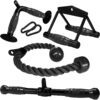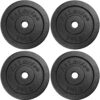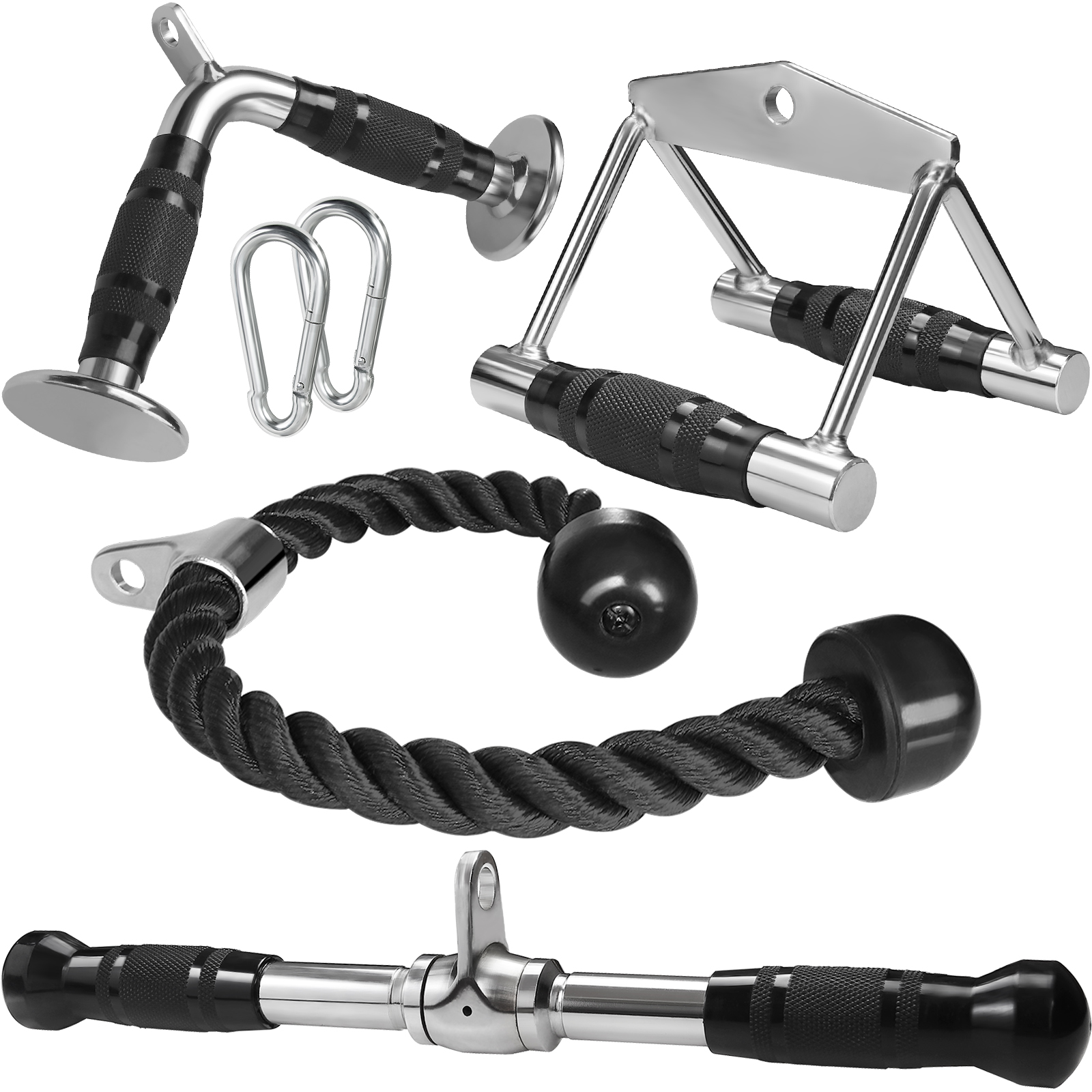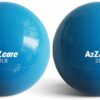7 COMMON MISTAKES TO AVOID FOR A HEALTHY DINNER
AVOID THESE 7 MISTAKES FOR A HEALTHY DINNER:
1. LEAVING MEAL PLANNING TO THE LAST MINUTE
It can be hard to make good nutrition choices at the end of the day when you’re exhausted. Organize a meal plan over the weekend or on a day when you have some extra time so that meal prep goes smoothly during the week. When you already know what you’re going to prepare and some of the meal prep is done ahead of time, you’re much less likely to opt for fast food or processed food.
The Solution: Remember to leave yourself some meal prep time every day, i.e. preparing your food at 8 pm isn’t the same as sitting down and eating at 8 pm.

2. OPTING FOR LARGE DESSERTS
Did you know that consuming large amounts of sugar can negatively affect the quality of your sleep? When you take in a large sugar load, there will be a spike and then subsequent drop in blood sugar during the night, often causing you to wake up. Even if you don’t wake up, this can pull you out of deep sleep, leaving you feeling fatigued the next day.
The Solution: If you have a sweet tooth, you can satisfy it with a small post meal treat, such as a square of dark chocolate. Once you are in the habit of skipping large desserts, it will only take something small to stisfy the craving for something sweet.
3. MAKING DINNER THE LARGEST MEAL OF THE DAY
If you are trying to lose weight, it may be advantageous to eat your larger meals earlier during the day. If you eat your bigger meal at lunch, you will have an easier time losing weight – even though the amount of food is the same. Plus, eating earlier in the day can cause hormonal changes that keep you feeling full longer, which reduces your risk of overeating.
The Solution: Reduce the size of your healthy dinner and add some extra calories to your breakfast and lunch.

4. CONSUMING TOO MUCH ALCOHOL
You may find that you fall asleep more easily after a couple of drinks, but alcohol affects your whole night of sleep. The alcohol in your system will disrupt the natural flow through the different stages of sleep.(4) It often results in lighter and more restless sleep towards the morning, leaving you feeling fatigued the next day.
The Solution: Make sure to keep the amount you drink at the level where you’re not feeling restless and waking up frequently during the night.
5. HAVING A CAFFEINATED DRINK WITH DINNER
Caffeine stimulates your body’s central nervous system, increasing alertness and reducing fatigue. It also blocks the effectiveness of adenosine, a chemical that helps makes you drowsy and regulates your sleep-wake cycles.
The Solution: Responses to caffeine are very individual; if you find that you’re a slow caffeine metabolizer, it’s best to skip the caffeine with dinner. When you’re craving a warm drink with dinner, opt for herbal teas or decaffeinated coffee.

6. EATING IN FRONT OF THE TV OR COMPUTER
Having your dinner while watching TV or surfing the web can lead to mindless eating. When you’re not paying attention to what you consume, you are less likely to feel satiated. People who eat while they are distracted tend to be less aware of how much they ate during that time, leading to overeating.
The Solution: Try eating healthy meals without electronics and make the effort to pay attention to the specifics of what you’re eating, such as the colors, textures, and flavors of your food.
7. EATING TOO CLOSE TO BEDTIME
Last but not least: a late night meal can cause high blood sugar levels that your body isn’t able to handle when it senses you should be sleeping. Over time this can lead to fat accumulation, insulin resistance, weight gain, and metabolic disorders. Also, it takes your stomach a few hours to empty after a meal (and generally slows with age), so eating late is a common cause of acid reflux.
The Solution: Plan to have your last meal of the day within 3 hours of when you go to bed. Organizing a meal plan ahead of time is a great way to make sure that you don’t end up eating too late at night.
Source: runtastic











